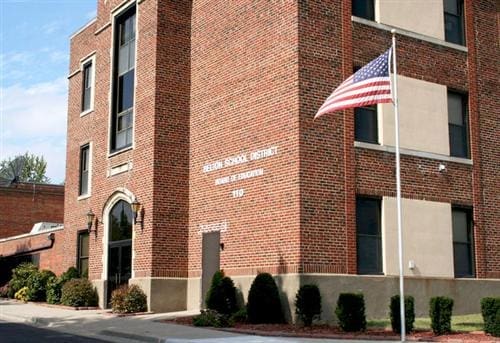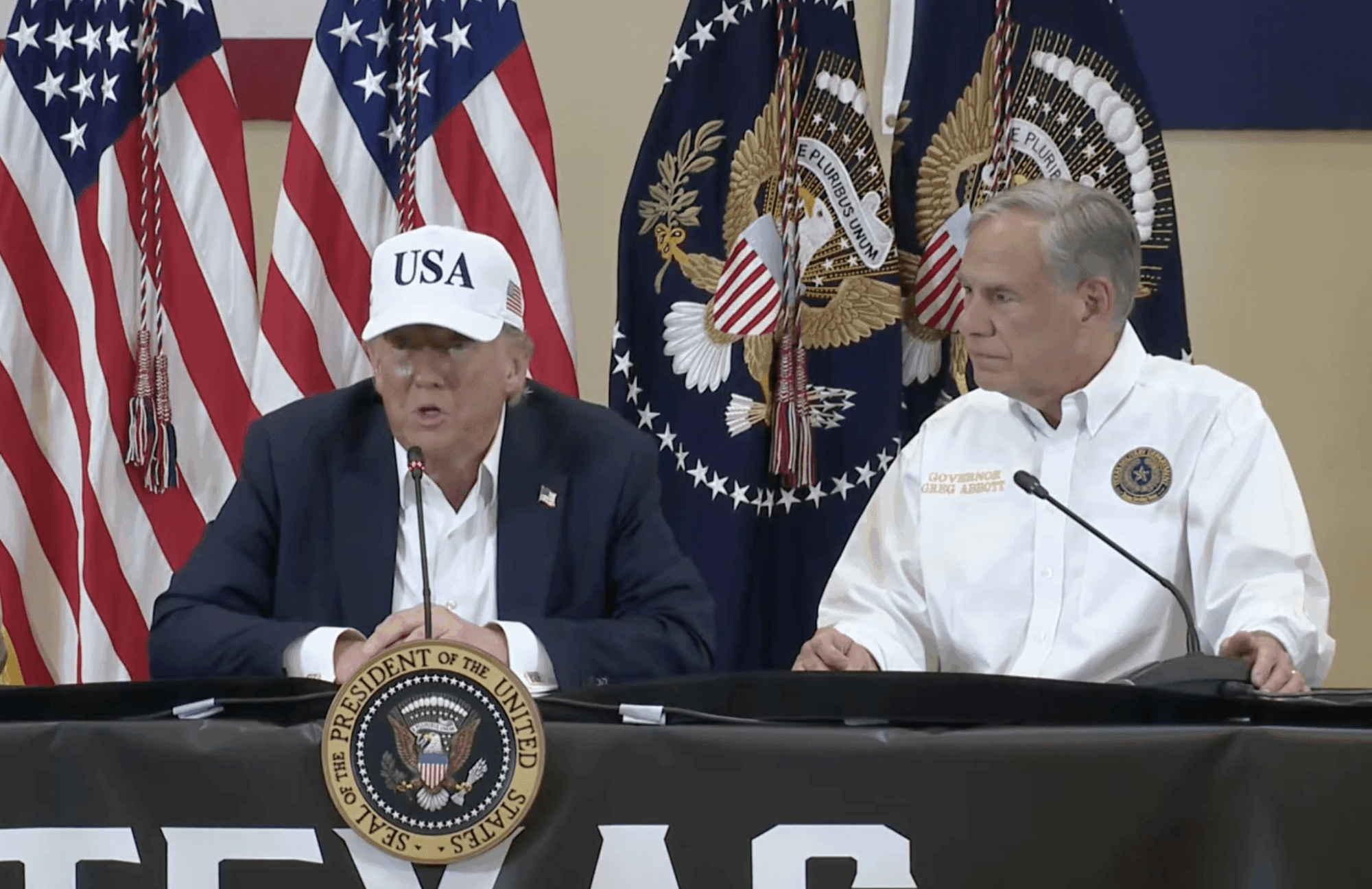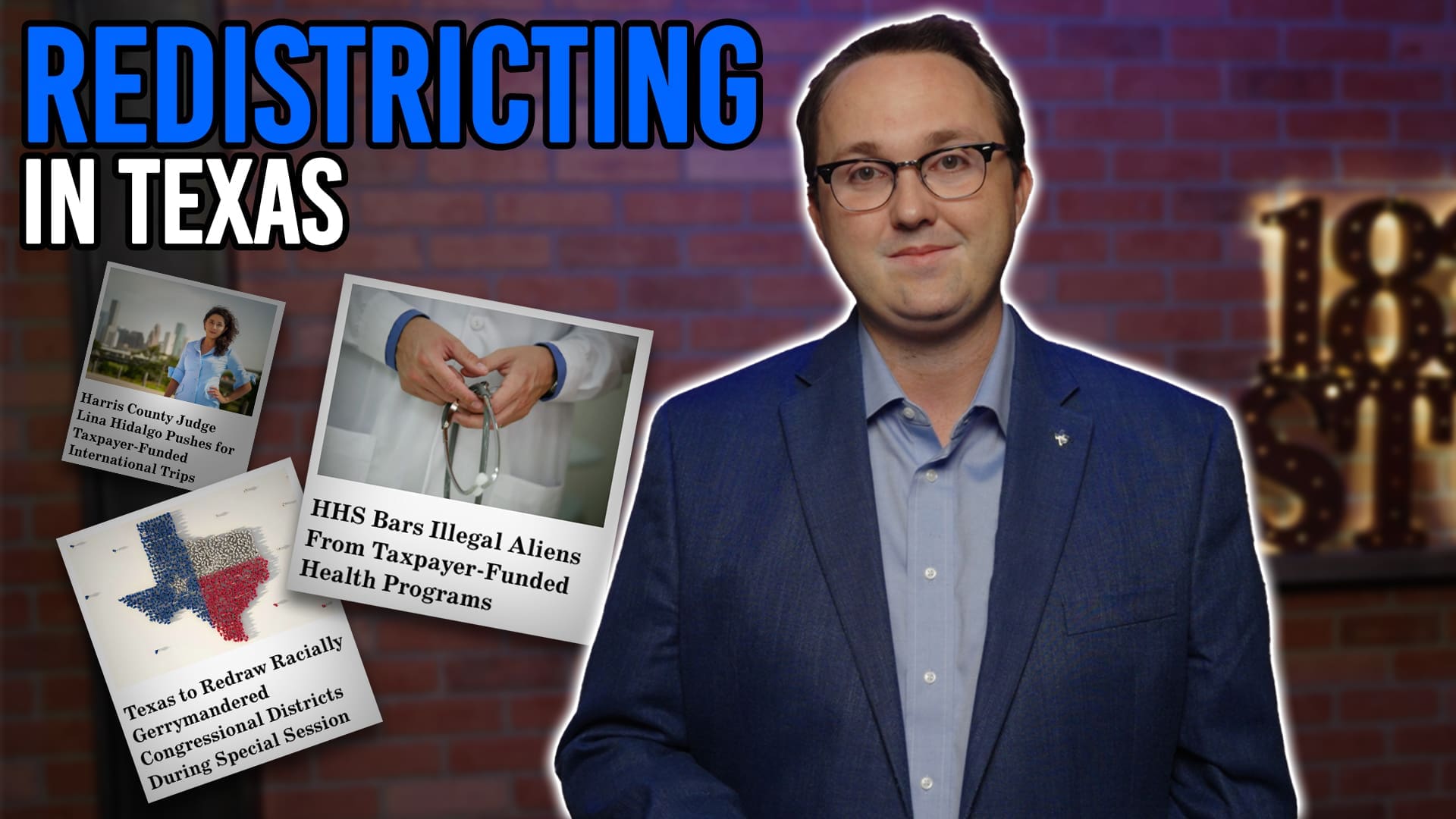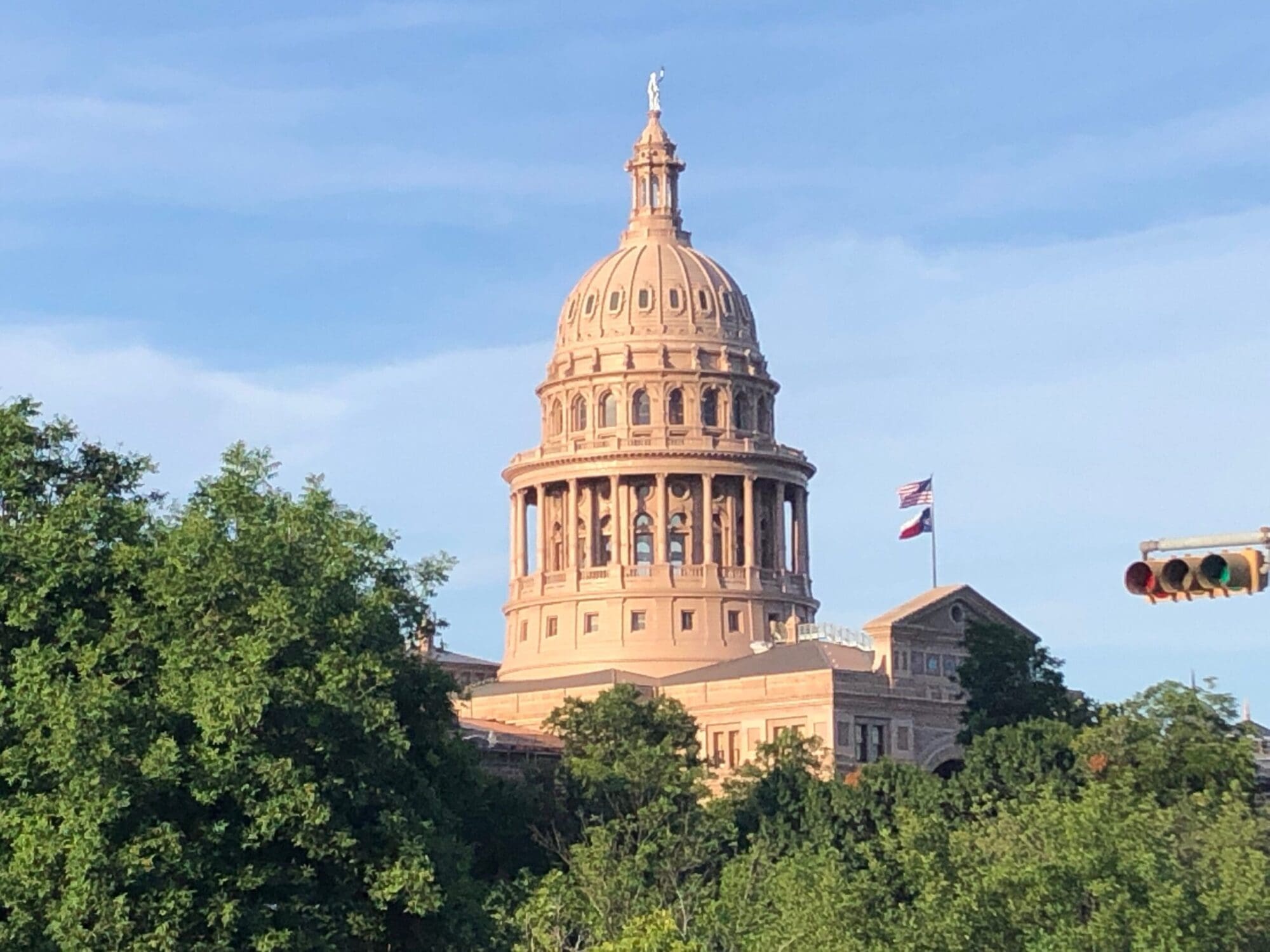Belton Independent School District’s conduct ahead of the May 7 bond election are raising concerns of potential electioneering. The scrutiny is another indicator that Texas schools are losing the confidence of parents, taxpayers, and the public at large, yet they seem unwilling to face this increasingly apparent reality.
Whistleblower documents received by American Federation for Children’s Corey DeAngelis include a May 2 email in which Belton ISD Superintendent Matt Smith encouraged principals to “ensure you have a strong push with staff and parents for early voting and for election day on Saturday!” Smith additionally reported, “As of Thursday, we had 228 staff members that have voted and 246 parents that have voted.”
While not providing specific instructions on how to vote, the implication was clear. And though we don’t know the sourcing or accuracy of his staff and parental voting numbers, the possession of such numbers is stunning as it would take significant effort (and use of district information) to cross-reference votes cast with BISD staff and parent rosters.
Such a “Big Brother” move isn’t a good look.
DeAngelis’ information further documents a deputy superintendent using an “informational community meeting” to suggest how “funds that would otherwise be directed to salaries” would need to go to facilities “if the bond fails.” Again, the implication linking passage of the bond to potential district salary increases was easy to recognize.
In both instances, the senders delivered messages to receivers that were clearly understood. With the voting results, the loss of confidence becomes evident. Belton’s two bonds were approved (one by 41 votes, the other by only two—hardly strong shows of support).
The DeAngelis revelations aren’t the only issues with Belton ISD’s bond election. Videos have circulated featuring self-proclaimed out-of-state workers door-knocking on behalf of bond proponents. While not illegal, it shows an intensity toward ensuring the bonds’ passage.
The same with another video of a young student wearing a “Belton ISD Bond 2022” sticker that included dates for early voting and Election Day. The boy said school officials handed the stickers out to all students.
Since it’s “for the kids,” might as well use them as election props.
And this election didn’t remain just about the kids. BISD Board President Jeff Norwood used social media to make comments about members of a Belton ISD Accountability Facebook group comprising parents and other citizens who opposed the bond package and also are concerned about the district’s overall state.
Norwood’s initial post and subsequent “friend” comments included questionable characterizations and inappropriate disclosures aimed at specific group members. Multiple grievances that unsurprisingly went nowhere were filed against Norwood in response to his actions.
Again, no one claims these actions were illegal, but patterns of heavy-handedness continue and repeatedly suggest a “win at all costs” attitude of which the public is taking note.
Another Bell County school district, Temple ISD, also had a bond election this cycle. For Temple, it was a redo after two November 2021 packages were defeated (one resoundingly, another by just two votes). With a “never take no for an answer” approach, a minimally pared down package was approved.
While Temple ISD isn’t experiencing the scrutiny befalling Belton, the district has its own history of aggressive conduct. In the days of “rolling polling” during which schools were allowed to host temporary polling activities, questionable actions were alleged. These included school principals offering teachers and staff class time for nearby campus voting with teacher aides coordinated to substitute. Other reports included school administrators taking names of employees voting at school polling locations to ostensibly “encourage” maximum district participation with peer pressure and bullying. Common tactics, but not always appreciated.
Belton and Temple ISDs fall into this election cycle’s “lucky” category, as only 104 out of 205 proposed school district bonds on the May ballot passed.
The November 2021 election broke a decades-long school district winning streak when voters rejected a majority of bonds. Since city and county bonds fared far better, this once again suggests “a heightened mistrust of the Texas public school system.”
School districts’ prolonged asking (and receiving!) ever increasing amounts of taxpayer funds reminds of the saying “pigs get fed, hogs get slaughtered.”
The May 2022 election suggested further voter mistrust via parent movement victories in which “almost every race where parents stepped up to run, voters chose candidates who were outside the local education establishment and who campaigned on respecting parents and putting kids first.” A focus on “literacy over leftist ideology like critical race theory and sexualizing kids, as well as academic and financial transparency and accountability” seemed to be the winning agenda—not a good sign for the public education industry.
This lack of confidence also becomes more pronounced when voters better understand how the bond debt levels districts seek are underplayed, as officials discuss principal-only amounts and never mention the approximately 40 percent interest that accompanies any bond passed.
And while the average Texan struggles with today’s economic challenges, districts’ credibility isn’t helped by items like a Texas Association of School Boards news release from November 2021, which lists the median 2021-22 Texas school superintendent salary as “$143,969, up 4.8 percent from prior year as school districts seek to recruit and retain talent, according to the annual Texas Association of School Boards (TASB) and the Texas Association of School Administrators (TASA) Superintendent Salary Survey.”
Speaking of TASB, an effort by the National School Board Association (of which TASB has been a proud member) to label outspoken parents and other critics as domestic terrorists hasn’t been forgotten. TASB’s belated departure from this organization and its extreme stance smacks of too little, too late.
Perhaps these combined issues explain declining enrollment rates and offer further evidence of Texas public education’s struggling reputability.
It’s time for a reality check in which the education industry as a whole, and districts individually, begin working to bridge their self-created divides with parents and other concerned parties.
Education industry policies and attitudes reek of insulation and detachment from those who fund school coffers. False facades of cooperation and partnerships have become tiresome.
The challenges are many, but let’s see (and welcome) any school districts up for the challenge of truly restoring confidence in today’s public education system.
This is a commentary published with the author’s permission. If you wish to submit a commentary to Texas Scorecard, please submit your article to submission@texasscorecard.com.





